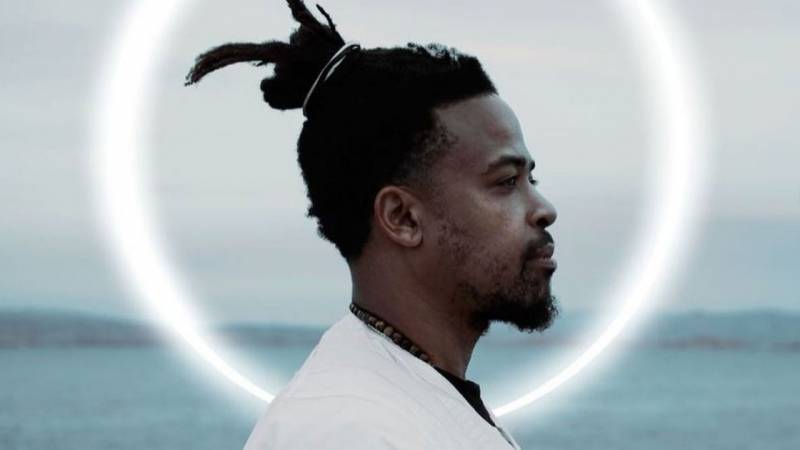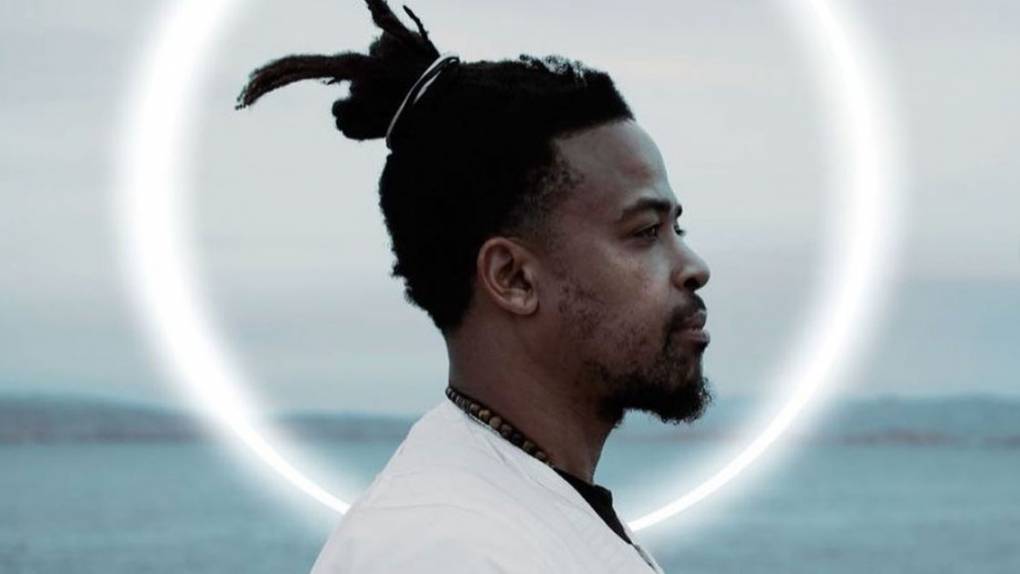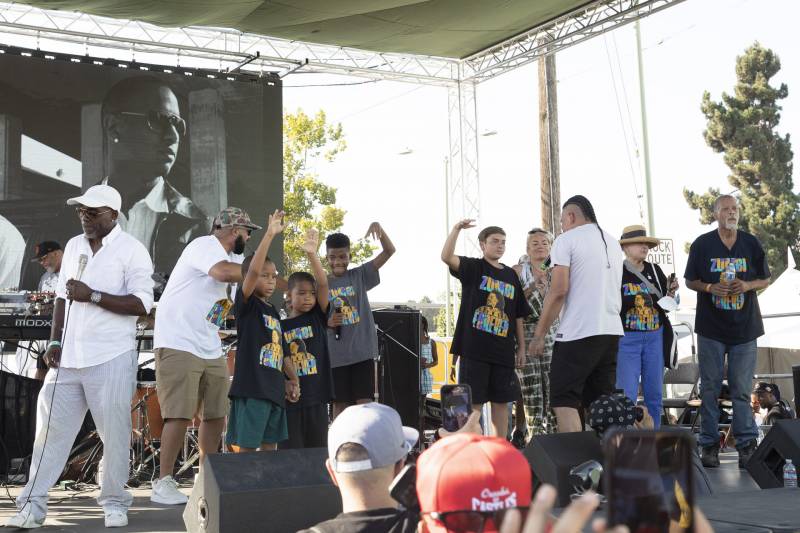This story has been updated.
Criminal charges may still be filed for the death of popular Bay Area hip-hop artist Stephen Gaines, best known as Baba Zumbi of the duo Zion I.
Gaines died at Alta Bates Summit Medical Center in Berkeley on Aug. 13, 2021, after being held down by three hospital security guards and handcuffed by Berkeley Police officers while unconscious. Berkeley Police investigated the case as a homicide, but did not announce suspects or make arrests.
The Mercury News reported last week that the Alameda Country District Attorney’s office had declined to pursue criminal charges despite the death being ruled a homicide. But Wednesday, after meeting with District Attorney Nancy O’Malley, Gaines’ mother, Carolyn Gaines, and her lawyer, Elizabeth Grossman, released a statement that the D.A. still could bring criminal charges.




